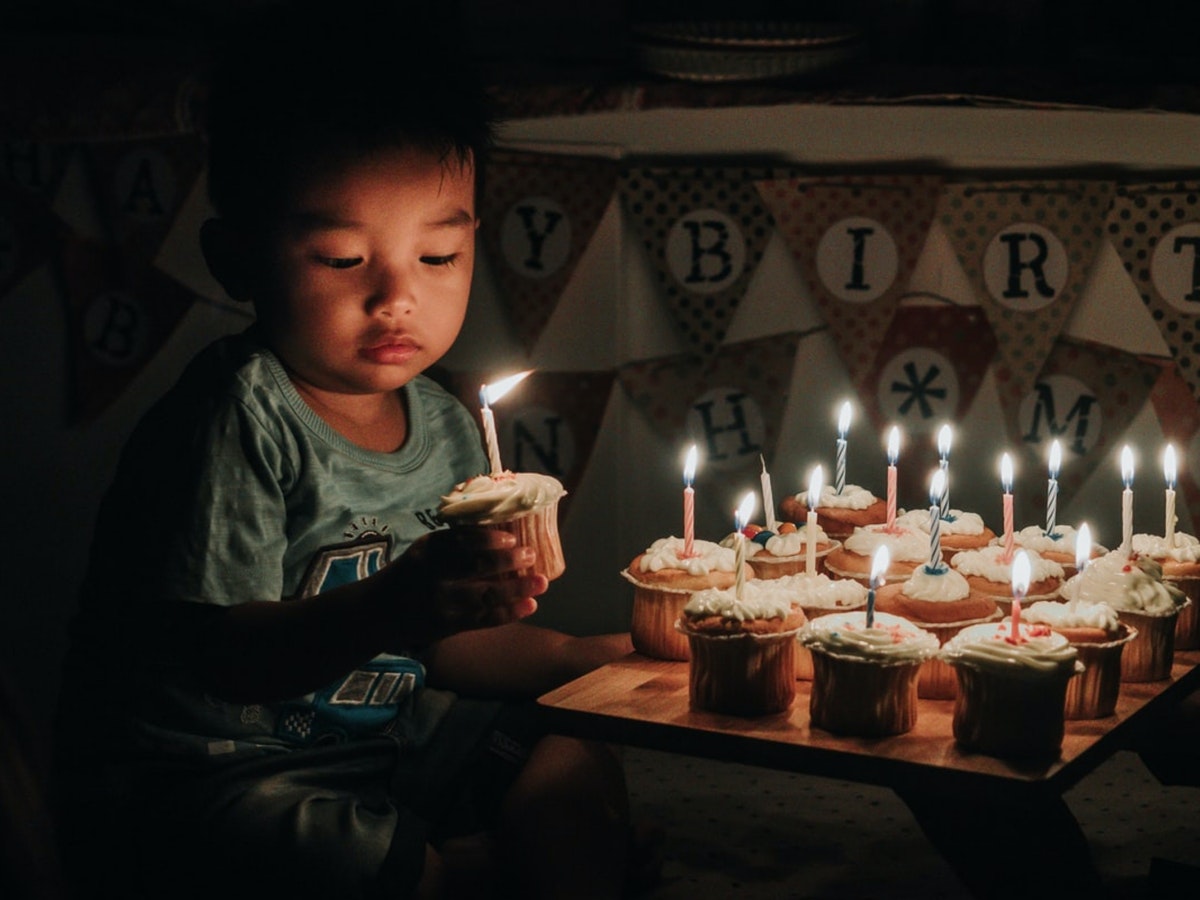Is Your Child Old Enough For Piano Lessons?

Is your child old enough for piano lessons? Music is a wonderful thing for all children, of course, but not every child is ready to begin lessons at the same age. This blog will give you a framework to use when determining readiness, as well as some general thoughts from our first-hand experience working with kids. We’ve taught piano lessons in NYC to hundreds of children, and we hope you find this insight helpful.
How Can You Know If Your Child is Ready For Piano Lessons?
You can know if your child is ready for piano lessons by checking their level of interest, their ability to concentrate and listen for 20-30 minutes at a time, their ability to sit relatively still for a period of time, their coordination and fine motor skills, their ability to name letters A, B, C, D, E, F, G, and their ability to count a few rudimentary numbers.
Piano lessons for kids will often involve activities off the bench (like musical games), so they won’t necessarily have to sit still like a statue for half an hour. But several minutes of attentive sitting at a time is necessary for a good lesson. Additionally, it will be hard for a teacher to engage with musical basics (like counting and teaching note names), if your child doesn’t know some basic numbers and letters.
Some parents ask to enroll their children in piano lessons before the child is even coordinated or strong enough to press keys on the piano with good piano technique – this can be an issue as well.
That said, there is no perfect age for starting piano lessons – we will dig deeper below. And if you need more information about our piano lessons in Queens, NY, please get in touch.
Consider Lessons if Music is Interesting to Your Child
It is important for a child learning to play the piano to be interested in what he or she is doing. A good piano teacher will make an effort to make your child’s lessons interesting, but it helps things along if your child already has some interest in the piano.
Do you find that your child is naturally attracted to music, perhaps singing familiar songs? If there is already a piano in your home, does your child try to play on it? That’s a good time to consider enrolling your young child in lessons. Gauging the interest of older children may be a bit simpler, of course. just ask!
The truth is, many young children would be better off discovering piano on their own, or dabbling in music for fun, before enrolling in lessons. If you have a piano or keyboard in your home, play around on the instrument with your 3-5 year old. Or perhaps enroll them in a fun Kindermusik class, or something like that. If they naturally acquire a curiosity for piano, they will want to take lessons, and it won’t be so difficult to get your child to practice piano.
Is Your Child’s Attention Span Appropriate For Music Lessons?
While music lessons should be interesting and engaging, they do require a degree of focus and discipline. In order for your child’s piano lessons in Manhattan to be enjoyable and productive, he or she will need to pay attention to their lesson. Again, making things interesting, and tailoring instruction to your child’s individual temperament and interest is part of the piano teacher’s job, but it helps greatly if the student is ready to focus on a specific task for at least a few minutes at a time.
There will be various activities/tasks during very young children’s piano lessons, considering their naturally shorter attention spans. A piano teacher should keep that in mind, and have the very young student change tasks more often than they would with older students.
Is Your Child Physically Capable of Taking Piano Lessons?
As we alluded to earlier, your child will need to have fine motor skills, coordination, and strength to take effective piano lessons. The piano isn’t necessarily a physically demanding instrument, but a young student will need to be able to comfortably reach the keys, be able to depress notes with correct technique while sitting up straight, and be able to play individual notes with “pounding” the keyboard.
Height is not usually a problem. Very young students will sometimes require a stool below their feet, and while they may not be able to comfortably reach the pedals for a year or two (or three!), that’s not a problem at all.
Your Child Must be Able to Practice (or Have Your Help)
To make progress at the piano, the student has to practice during the week. What happens in lessons is important, but what happens between lessons is perhaps just as important! For very young children, it is helpful if a parent is involved in the practice sessions, helping the child to go over what he or she learned in their previous lessons.
Meet With a Piano Teacher to Determine Readiness
Those are just a few things to consider when thinking about your child’s readiness for piano lessons. Ultimately, it is good for you and your child to meet with a piano teacher in Brooklyn or elsewhere in NY to help determine whether or not your child is ready to begin lessons.
New York Piano School offers private piano lessons for children and adults in New York City and throughout Westchester County, NY. Whether you are in NYC or in a nearby city, we will be more than happy to meet with you to help you determine whether your child is ready to begin piano lessons.

